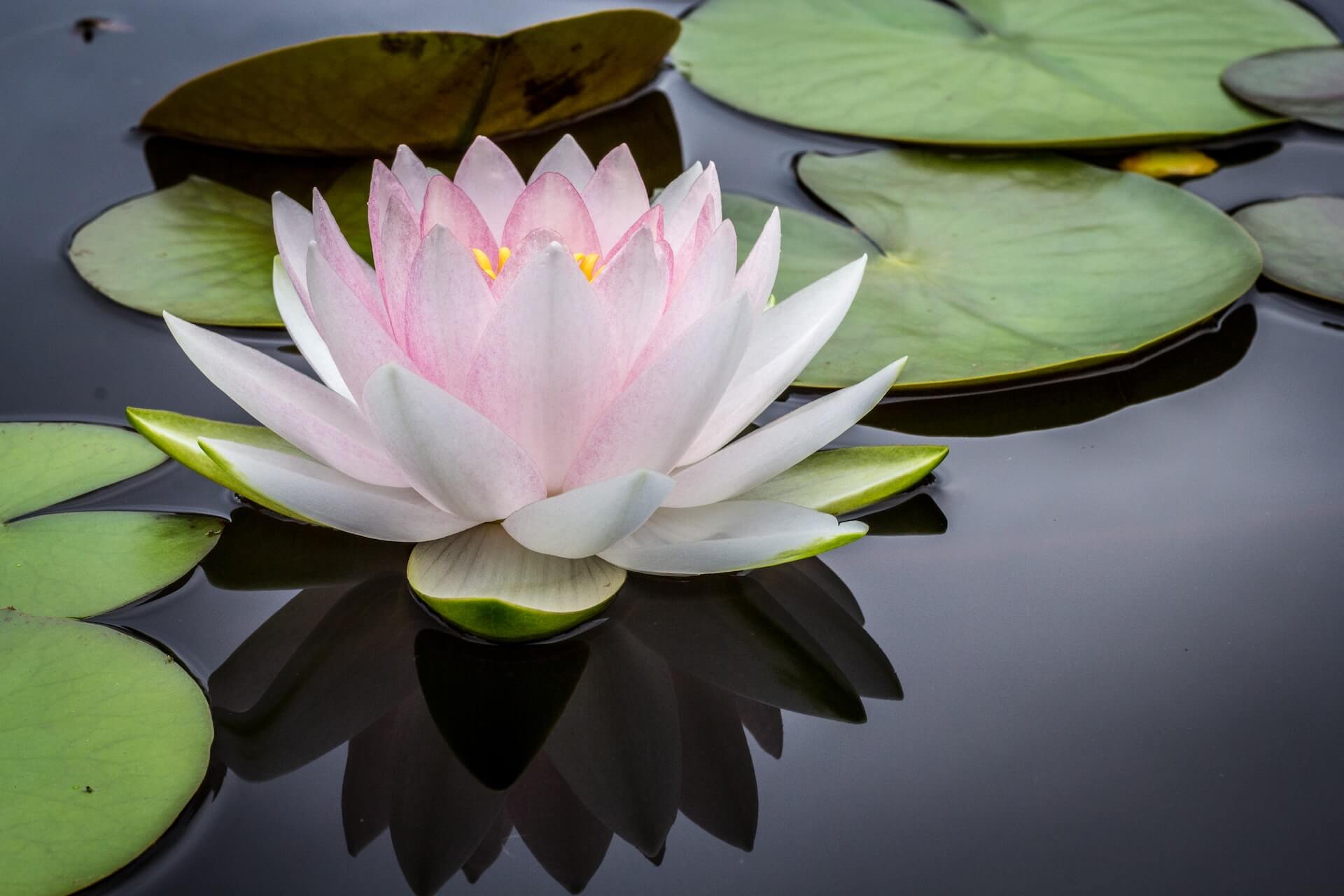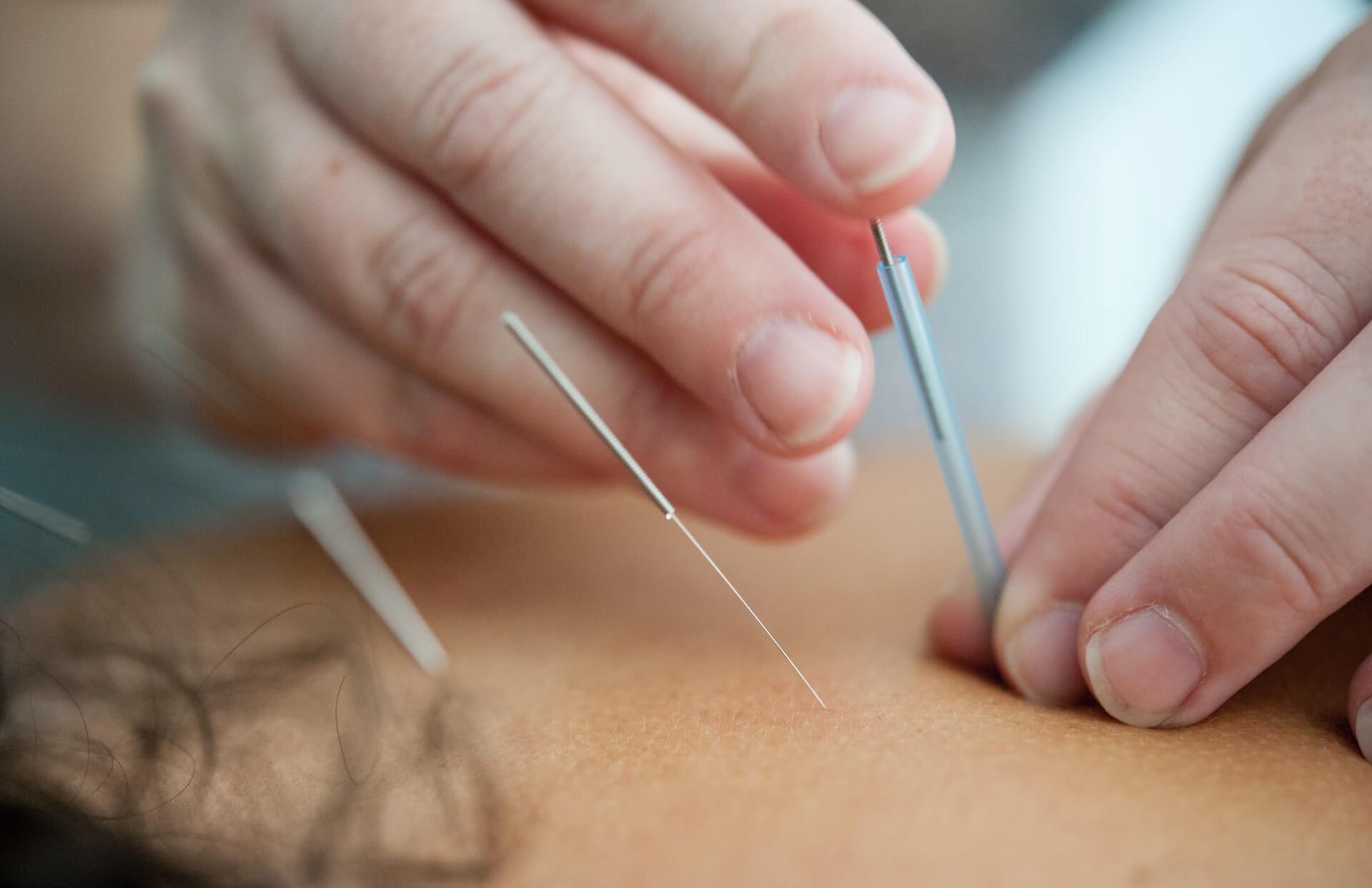The start of a new year or a new decade! Many of us need to reevaluate our health habits at this time. We look at what works and try to eliminate any that are hindering our efforts to be our best selves.
Do you ever wonder if your focus is on the right things? We would all love to have endless amounts of energy and time to indulge in every healthy food or activity we hear about. But, most people have to choose what they want to do.
You may be wondering if your actions matter if you’ve had health problems in the past or have chronic conditions. The National Institutes of Health estimates that your risk of early death is only 25 percent of what your genetic predisposition makes.
You might expect that choices such as exercise, drinking, and smoking have an impact on how long you live. However, research suggests that other efforts, even those not directly related to health, can have a significant impact on your life expectancy, regardless of your age.
Life Purpose: Finding Meaning Can Help You Live Longer
What is the purpose of being here? Are you satisfied with the impact of what you do? These might seem like deep questions that you don’t often think about, but it could have a significant impact on your health. In a study published in JAMA Network Open in May 2019, a team of researchers looked at whether there was a link between strong life purposes, which is defined as “self-organizing goals that stimulate goals,” and longer life expectancy.
6.985 people between the ages of 51 and 61 were asked for their opinions on seven items. They were asked to rate them from 1 (strongly disagree), to 6 (strongly agree). Statements such as “Some people wander aimlessly throughout life, but they are not me” or “I feel like I have more to accomplish in life” were some of the questions.
Celeste Leigh Pearce PhD, MPH is associate professor of epidemiology at University of Michigan Ann Arbor and coauthor of this study.
According to Dr. Pearce, researchers observed a strong dose-dependent response. She says that people with a lower life purpose had a greater risk of dying. Pearce says, “We examined specific causes of death and found associations with heart, circulatory and blood conditions. This would make it more cardiac-related.”
Pearce says that life purpose is different from other health behaviors. It’s something I love about it. Pearce says that each person can determine what is important to them, and then find opportunities to pursue those goals and values.”
Healthier Lifestyle Choices: Healthy Habits can Lower Your Risk of Many Common Diseases
According to a January 2020 study in BMJ, lifestyle habits can make a significant difference in your life’s quality and years. Harvard researchers examined more than 110,000 participants in the Nurses’ Health Study and Health Professionals Follow Up Study. The following five key health habits were assessed:
- The Alternative Healthy Eating Index gives a score of 91. This indicates a healthy diet. Experts from Harvard University’s Department of Nutrition developed this measure. A high score means a diet rich or fruits, vegetables, whole grains, legumes, and low amounts of processed meat, trans fats and sodium.
- Regular exercise is defined as exercising at least 3.5 hours per week or 30 minutes per day of moderate to vigorous activity.
- A body mass index (BMI), of 18.5 to 24 was considered healthy weight.
- Self-reported smoking was preferred over not having smoked and having quit smoking.
- Moderate alcohol consumption was in line with the guidelines of the Centers for Disease Control and Prevention. It is defined as one to two drinks per day for women and two to three drinks for men.
Research found that women who maintained four to five healthy habits at 50 were more likely to be free from type 2 diabetes, heart disease, cancer, and other health issues than those who did not. The average age at which men were free from chronic diseases was 31.1 years for those who had followed four to five of these healthy habits, as opposed to 23.5 years for those who did not.




